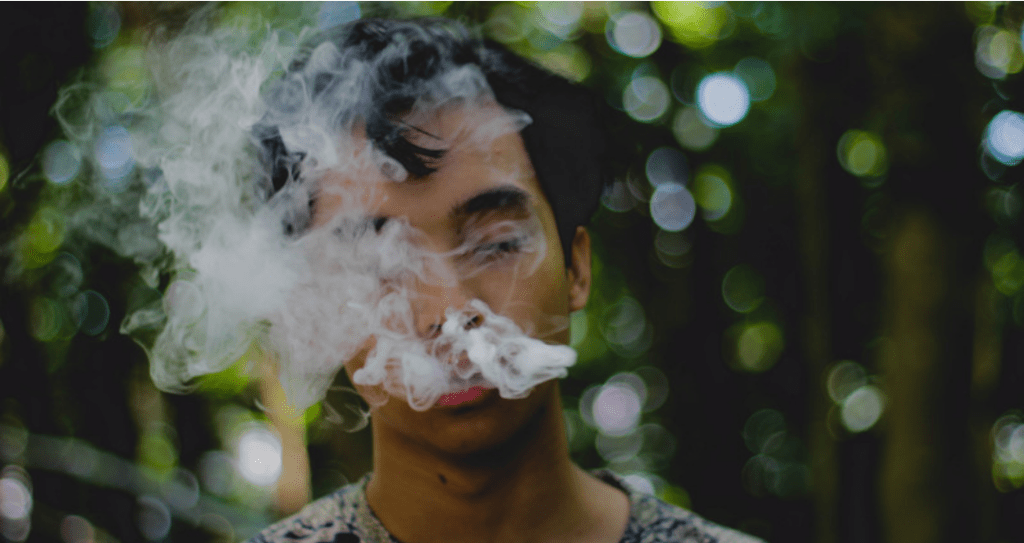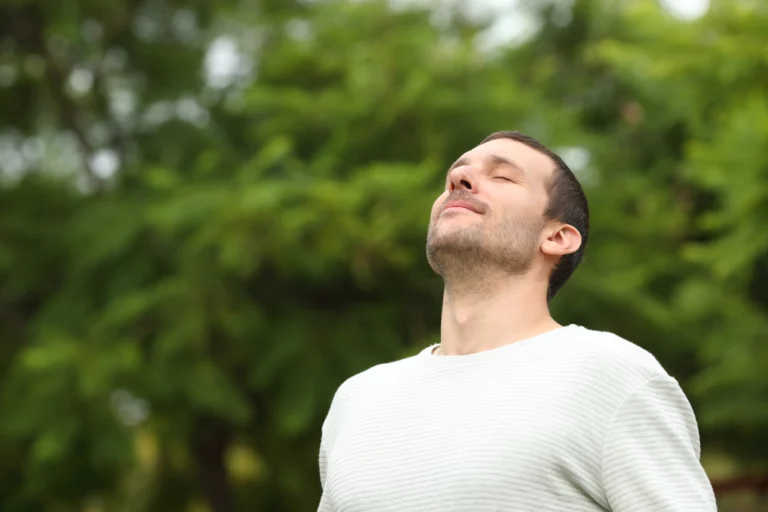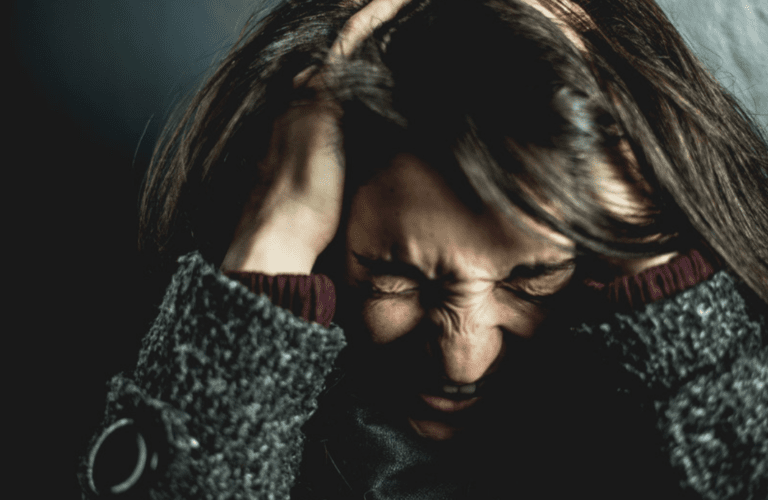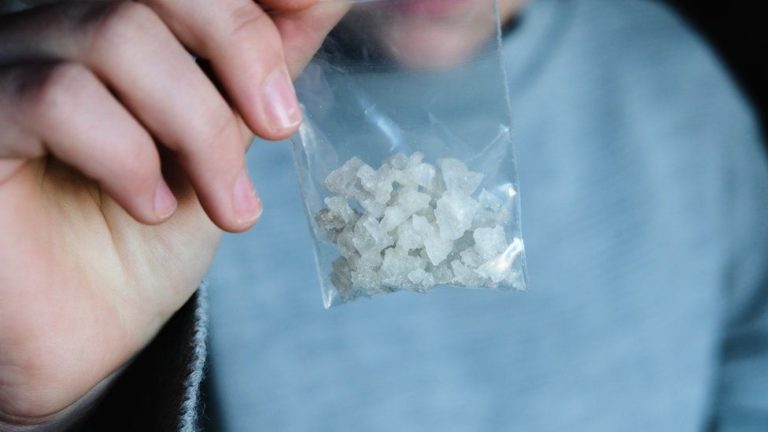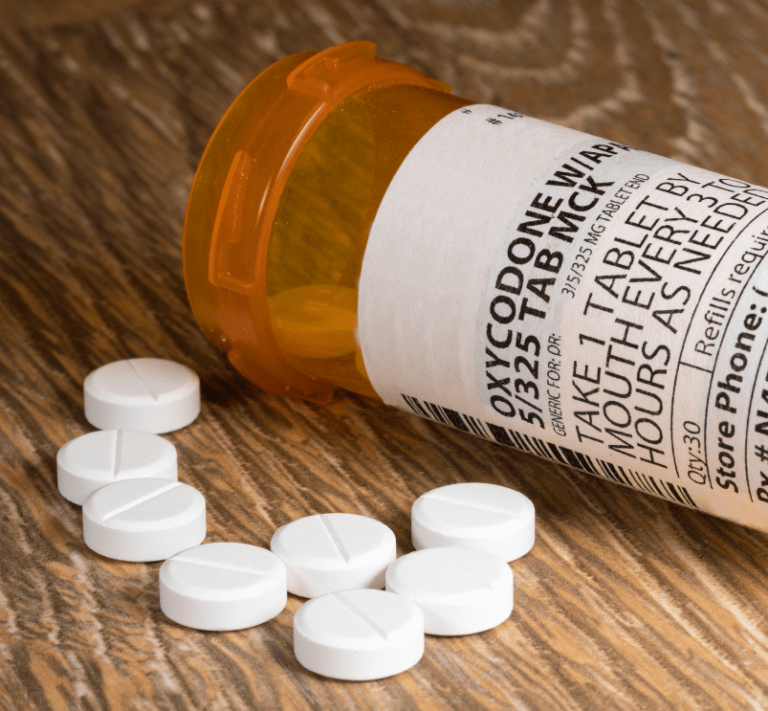The Signs of Drug Abuse in Teens: What Parents Need to Know
Drug abuse has become a major problem among youth. In the United States alone, over 8 million teenagers have abused drugs. The signs that your child is abusing drugs can be difficult to identify. However, by keeping a close eye on your teen’s behavior, you can help prevent your child from moving forward with a drug abuse problem.
Abusing drugs is a serious matter. If your child is experimenting with drugs, it’s important to approach the situation head-on and address the problem before it gets out of hand. Keep reading to discover the warning signs of drug abuse in teens, as well as what you can do to help prevent your child from getting involved with drugs.
What Are the Warning Signs of Drug Abuse in Teens?
Before you begin to worry if your teen is abusing drugs, it’s important to understand what drug abuse is, and the symptoms associated with it. According to the National Institute on Drug Abuse (NIDA), drug abuse is the “Use of a drug when it is taken beyond a prescribed dosage or when it is used in a way that is not intended by the physician or other healthcare provider.”
If you notice these warning signs in your child, it doesn’t necessarily mean that he or she is actively using drugs. These are the behaviors that are associated with drug abuse, not drug use.
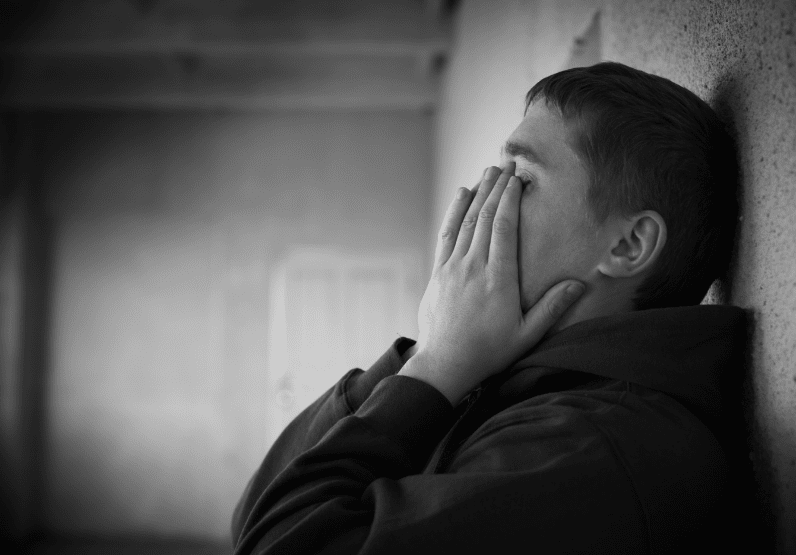
It can be difficult to identify each and every behavior that is linked to drug abuse in teens. That’s why the following are some of the most common signs that you should be on the lookout for:
Withdrawal – If you notice that your teen is becoming increasingly secretive and resistant to contact, it could be a sign that he or she is drug-intoxicated. The same can go for absences from school or neglect of other responsibilities.
– If you notice that your teen is becoming increasingly secretive and resistant to contact, it could be a sign that he or she is drug-intoxicated. The same can go for absences from school or neglect of other responsibilities. Mood Swings – Certain drugs are known to affect a person’s mood, which can lead to unpredictable behavior. This can include emotional outbursts, irritability, and anger that is out of character for your child.
– Certain drugs are known to affect a person’s mood, which can lead to unpredictable behavior. This can include emotional outbursts, irritability, and anger that is out of character for your child. Risky Behavior – Teens that are abusing drugs may be engaging in increasingly dangerous behavior, such as driving under the influence (DUI), engaging in sexual activity that they know is risky, or skipping school.
– Teens that are abusing drugs may be engaging in increasingly dangerous behavior, such as driving under the influence (DUI), engaging in sexual activity that they know is risky, or skipping school. Withdrawal Symptoms – It’s normal for teens to experiment with drugs. However, if they begin to act irritable and have trouble concentrating, they may be experiencing a drug withdrawal.
Drugs of Choice
While many teens experiment with drugs, some will prefer to abuse illicit drugs, such as marijuana and cocaine. Others may experiment with prescription medications that have been given to them for pain or other conditions.
Typically, teens that abuse drugs will go through periods of experimentation before settling on a drug of choice. If you notice that your child has a particular drug of choice, pay attention to what he or she is doing and why. This can help you identify possible warning signs of drug abuse in teens.
Increasing Drug Use Frequency
A common warning sign that someone is abusing drugs is an increase in drug use. If your teen is using drugs more often than you or your child’s doctor had anticipated, it may be a sign that he or she is becoming addicted.
While it’s important to be cautious with over-diagnosis, it’s also critical to take notice of increasing drug use frequency. This can help you identify before it’s too late.
Changes in Appearance
As with any habit, abusing drugs will result in changes in your child’s appearance. Commonly, drug abusers will grow unkempt hair, neglect hygiene, and have a decreased appetite.
While these are not specific to any one drug, they are all indicative of a poor hygiene routine and the tendency to neglect personal appearance. If you notice any of these changes in your teen, speak to them about how they are looking and acting. This can help to prevent a more serious problem.
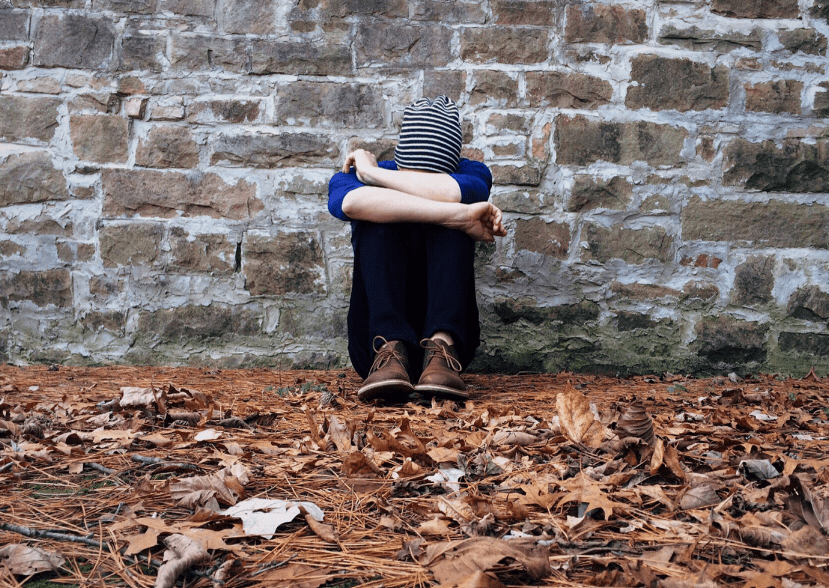
Risky Behavior
Another warning sign of drug abuse in teens is risky behavior. This could include engaging in activities that are potentially harmful or engaging in sexual activity that you know is inappropriate.
If you notice an increase in risky behavior above and beyond what would be considered normal for your child, it may be a sign that he or she is experimenting with drugs. Pay attention to how often your child experiments with drugs, rather than how much he or she is actually using, as the latter is more indicative of abuse.
Conclusion
Drug abuse is a serious problem that can have devastating effects on individuals and their families. If you or your child suspects that he or she is abusing drugs, it’s important to take action before it gets out of hand.
Begin by speaking to your child about the dangers of drugs. Explain why you believe they are harmful and try to get him or her on board with your prevention plan. If you sense that your child is unwilling to listen, try discussing the issue with a professional, such as a drug counselor or psychologist.
Above all, don’t ignore the signs of drug use in teens. If you notice any of the warning signs above in your child, speak to them about it immediately. Taking action before it’s too late could help your child avoid a life of addiction.

Oasis Recovery is Here for You
Drug abuse and addiction can affect anyone. If you or a loved one are currently struggling with addiction, help is available! We encourage you to reach out to the professionals at Oasis Recovery to learn more about our personalized treatment programs and mental health services. Oasis Recovery was founded from firsthand experience of addiction and recovery, with a mission of providing a space where people can heal from addiction in a compassionate, creative, open-minded, and heart-centered environment. We believe recovery is always possible. Our experts work with you to design a treatment plan that fits your needs. Common treatment programs include:
- Intensive Outpatient Programs (IOP)
- Full-time Addiction Treatment on campus
- Aftercare Services
Contact us today for more information about how our programs and services can help you get your life back on track. You no longer have to struggle with addiction on your own. We are here to help.



